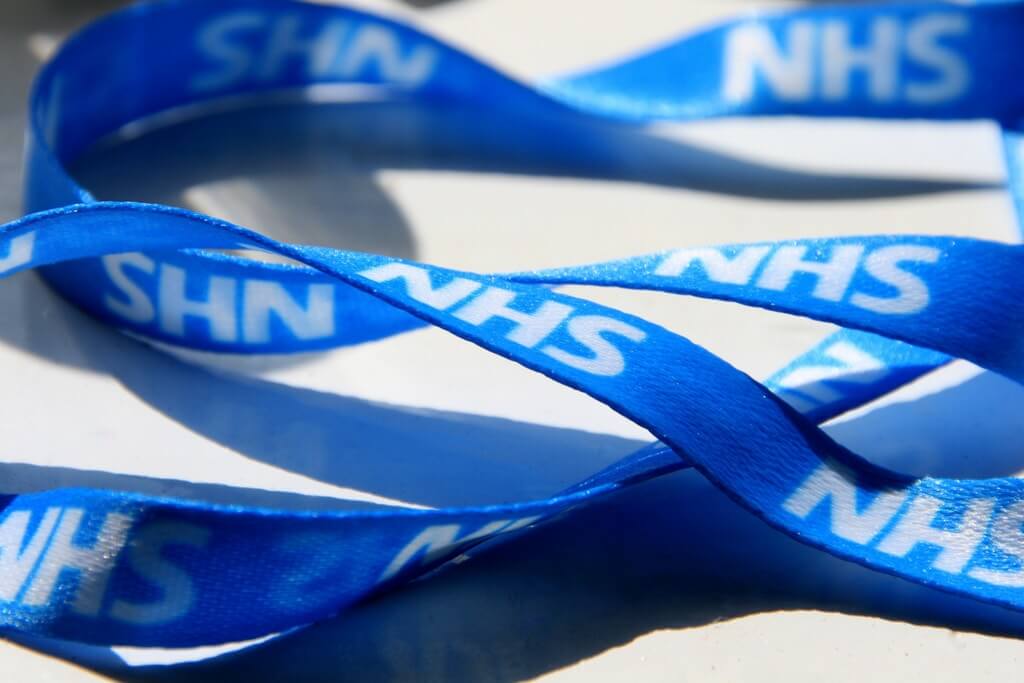The NHS is footing the huge Private Ambulance Service cost – to what end?
18 Sep 2017
Table of Contents
Amid recent and widespread criticism of the NHS’ use of privately contracted ambulance companies, it has been revealed today that one NHS Trust, East of England Ambulance Service NHS Trust, has spent £14 million on contracting ambulance services to these companies during 2016-2017. This represents an increase of more than £7 million on the previous years’ figure of £6.6 million.
Interestingly, £2.3 million was spent by the same Trust on private paramedics over the same period, again a massive increase on the previous year.
There has been growing concern about the increasing amounts of public money being spent on these privately run services. In particular, in relation to the standard of care which is being provided. There have been numerous reports of failings in such services including elderly patients missing vital appointments after ambulances failed to turn up to transport them and ambulance vehicles turning up to collect patients who have already passed away. In some cases patients with kidney failure have been unable to receive their scheduled sessions of kidney dialysis because ambulances have failed to turn up to collect them on multiple occasions. On other occasions, patients have been transported on a blue light to hospital in London when their outpatient appointment has been routine. The reason they were transported by blue light is so that they were not late for their appointments.
The amount being spent on these services by the East of England Ambulance Trust is particularly concerning given the funding problems other hospital trusts in this region currently face. Recent reports have revealed that the police are investigating up to 25 deaths at various health units run by the North Essex Partnership NHS Trust, including 7 deaths at one particular psychiatric health unit. These deaths are thought to have been caused or contributed to by a number of problems including inadequate staffing levels and a failure to properly risk assess patients in these units.
The North Essex Partnership Trust was also criticised by its own governor in early 2016 after its decision to close a vital mental health ward at Clacton Hospital, Essex without any prior consultation. It was felt that the decision was taken in a desire to save money and that insufficient regard was had to the effect this could have on patient health.
In late 2015, it was revealed that the number of paramedics leaving the NHS had more than doubled in the space of only a few years. A survey of those paramedics planning to leave the NHS highlighted that concerns over inadequate pay and poor working conditions were to blame for their decision to leave. This is particularly concerning given the growing amount of money being spent on private provision of the same services.
There have been several calls for a public inquiry into these safety concerns and the question also arises as to whether the redirection of the vast funds currently being spent on private ambulance services to other services in need, such as mental health services, could help to address these problems. Insufficient staffing levels and ward closures are problems which continue to affect the NHS nationwide and are problems which could potentially be prevented if public funds were targeted on these provisions rather than on paying private companies to provide public services.
At Osbornes Law we care about how you are treated both by medical professionals at hospital and also under the care of private providers of health services. If you think that the care you or a loved one has received fell below the standards expected of a reasonably competent professional, then please do not hesitate to contact Partner and specialist medical negligence lawyer Stephanie Prior on 020 7681 8671.
Share this article